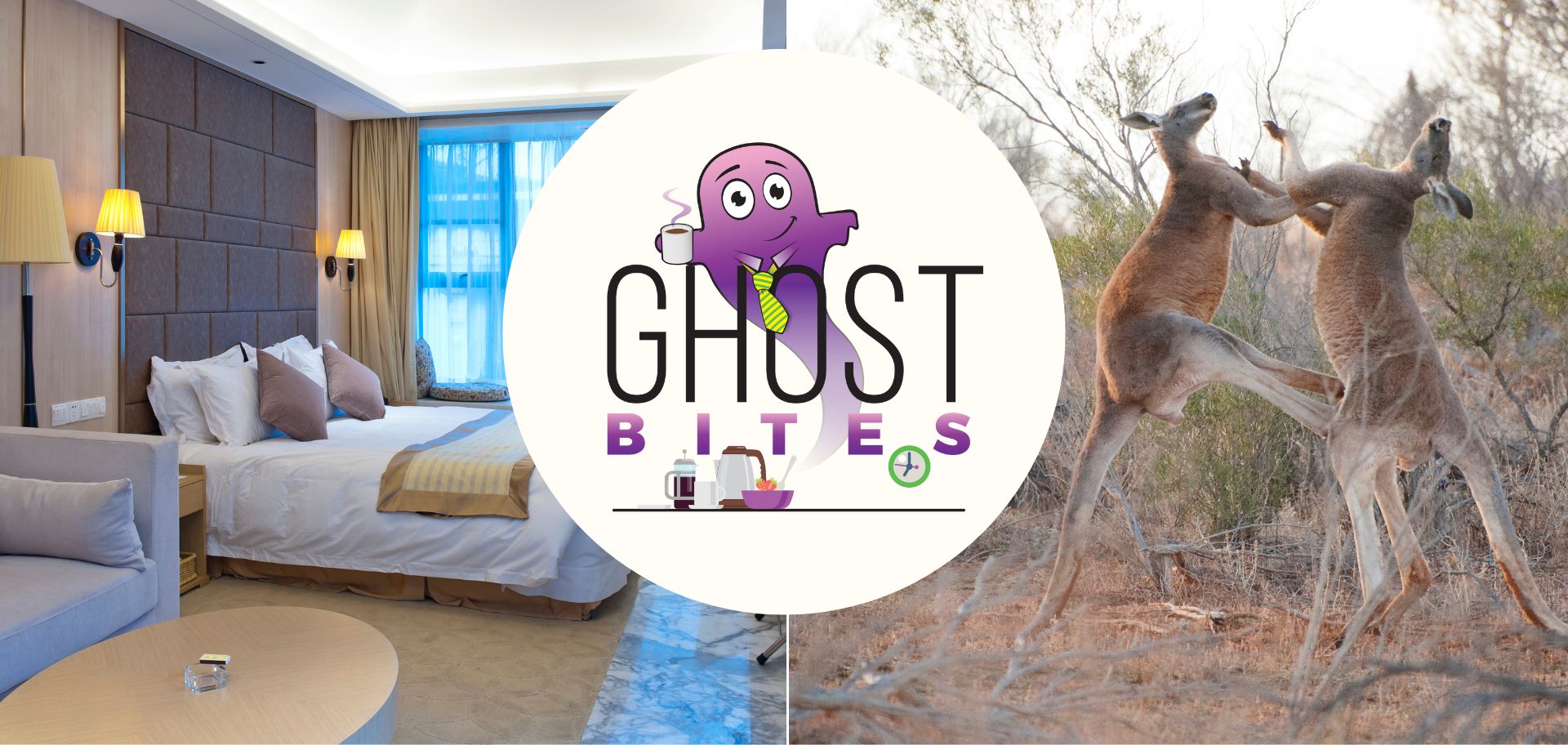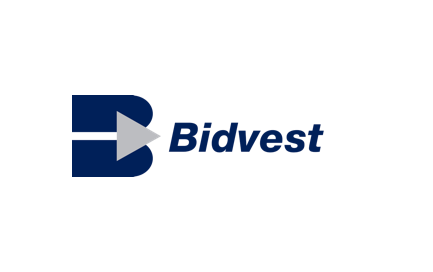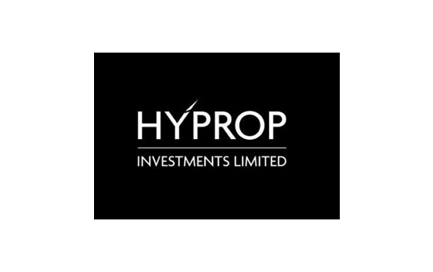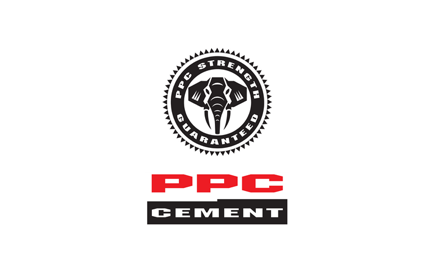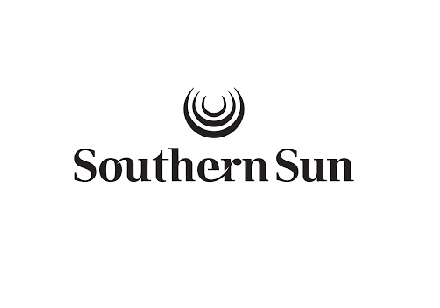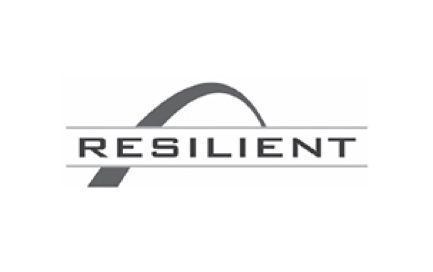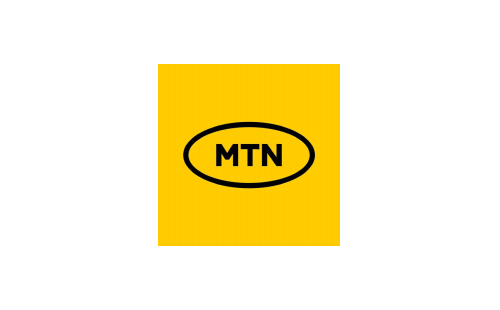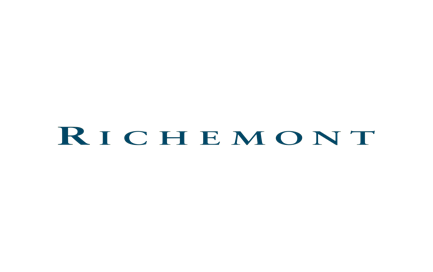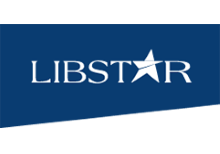Listen to the latest episode of Ghost Wrap here, brought to you by Mazars:
Bidvest swallows the brave pill: an Aussie acquisition (JSE: BVT)
The facilities management operations in Australia will be doubled in size
South African corporates don’t have a fantastic track record in Australia. Bidvest is trying to buck that trend, with shareholders able to take some comfort from the fact that the company already has operations in the country. This is a bolt-on acquisition that doubles the size of the Australian operation.
The target is Consolidated Property Services, a private company established in 1977. The company services more than 145 sites across Victoria, New South Wales and South Australia. Many of the customer relationships span in excess of ten years. With a team of around 3,500 people, this is a big business. Another point that Bidvest highlights is that 80% of the current management team worked their way up from the operations.
I can certainly see the appeal here, particularly in creating a larger overall business in Australia. The deal is small in the group context and this is only a voluntary announcement, so we don’t know what the acquisition price is. Bidvest has done many a deal, so hopefully they haven’t overpaid.
Hyprop scales back its payout ratio (JSE: HYP)
Property funds are trying to keep more equity on the balance sheet
If you look at the high level metrics at Hyprop, they really do look good. Retail vacancies are low and trading densities are significantly higher, up 11.8% in SA and 16.9% in Eastern Europe. Foot count is up across both portfolios.
Net operating income is up 9.6%, a pretty decent outcome but one that does also show the inflationary cost pressures in the system. Distributable income per share is up by a solid 18.3%, so this is usually the moment when investors rub their hands together in anticipation of a juicy dividend.
But alas, the dividend per share is only up by 1.9%. The new dividend policy is to pay an interim dividend based on 90% of the distributable income from the South African portfolio, with a final dividend that takes the annual distribution to 75% of distributable income from the local and Eastern European portfolios.
The payout ratio last year worked out to 85.7%. This year, it’s only 73.9%. Instead of going to shareholders, a chunk of cash will be used to strengthen the balance sheet and fund capex.
There’s a further attempt to retain cash, with a dividend reinvestment alternative (DRIP) with a maximum reinvestment amount of R500 million. Hyprop did this successfully in 2022, retaining R500 million on the balance sheet and using that to help reduce the loan-to-value ratio (36.3% in June 2023). This is usually done at a discount to market price to entice shareholders to choose to reinvest their dividends.
The outlook for FY24 is concerning, despite the strength in the Hyprop portfolio. Distributable income per share is expected to drop by between 10% and 15% due to high interest costs. Again, this demonstrates why they are trying to retain equity to keep the debt as low as practically possible.
The announcement came out after the market closed, so keep an eye on Hyprop in the morning.
PPC’s volumes are still dropping in South Africa (JSE: PPC)
The company needs economic growth and investment in infrastructure
I always find it sad to read that PPC’s volumes continue to come under pressure in South Africa. We are a developing country and supposedly one of the most exciting emerging markets in the world, so where is the infrastructure and private sector investment?
For the five months ended August, PPC’s volumes fell by 6% in South Africa and Botswana Cement. Thankfully, selling price increases of 10% took the revenue performance in this segment into the green. Growth in revenue of 5% was matched by growth in EBITDA of 5%, so margins were stable at 11% as the company focused on profitability in this low-growth segment.
Gross debt in this segment is unchanged since March 2023 but cash has increased, so net debt has dropped from R800 million to R648 million.
The company can’t do much about the economy, but it can do a lot about its own strategic execution and focus on profitability. On those metrics, PPC has performed well. It’s also worth highlighting that the Materials business in South Africa and Botswana is now marginally positive at EBITDA level.
The story gets a lot better when you look at the subsidiaries in the rest of Africa, where infrastructure investment seems to be booming.
In Zimbabwe, cement sales volumes increased 42% and the average selling price (US$ parallel rate) was up by 12%. These are obviously strong numbers, with EBITDA margin skyrocketing from 14% to 27%. That’s vastly higher than 11% in South Africa and Botswana. The cash is even making its way to the mothership, with a $3.5 million dividend received in July 2023 and another dividend expected in November. After a repurchase of shares under a previous indigenisation structure, PPC now holds 90% of PPC Zimbabwe and will receive 99.5% of dividends until notional funding has been repaid.
Rwanda is also a great story for volumes, up 13%. The impact of competition is being felt though, with pricing increases of only 6% and growth in EBITDA of 9%, which is revenue growth. Although EBITDA margin contracted from 32% to 29%, Rwanda has the highest EBITDA margin in the group.
In terms of outlook, the focus in South Africa remains on cash generation and profitability in an environment of low demand. In Zimbabwe and Rwanda, the focus is on growth and market share.
If you would like to find out more about PPC, you can refer to the presentation from the RMB Morgan Stanley Off Piste Conference at this link.
Southern Sun gets a boost from events (JSE: SSU)
But you need to look at adjusted HEPS to see it
Southern Sun released the prepared comments from the AGM and a preliminary trading statement for the six months ending September. You have to read the earnings ranges quite carefully.
Before we get to the earnings, we need to talk about the underlying metrics. Occupancy was 55.3% for the five months to August, up from 44.2% in the comparative period. Importantly, it’s only 190 basis points below the 57.2% achieved in 2019.
The big difference between Southern Sun and the likes of City Lodge is that Southern Sun has also enjoyed pricing power. Average room rate is up 13% year-on-year and 26% compared to 2019.
Events like the Netball World Cup in Cape Town and the BRICS summit in Sandton were a significant boost in this period. It’s not all good news though, as some offerings (like the more basic Sun1) haven’t recovered fully. This is another really useful insight for City Lodge, as Southern Sun also isn’t achieving great pricing in that segment of the market.
In general, my view is that leisure and destination hotels stand to benefit from consumers who learnt a hard lesson from Covid and are now ticking off their bucket lists at a much faster rate. The same simply isn’t true for cheaper, more business-focused hotels. Covid has had the opposite lasting effect, with the use of video calling as an accepted alternative to in-person meetings for all but the most important discussions.
As a final bit of context before we look at HEPS, Southern Sun’s recent repurchases have reduced the numbers of shares in issue by 6.7%. That’s obviously very helpful for HEPS.
Against this backdrop, you may find it very surprising that HEPS is down by between 23% and 36%. The trick is that the comparable period included a R313 million after tax payment from Tsogo Sun for the separation agreement, with the gain recognised in HEPS.
To split this out, the group reports adjusted HEPS from continuing operations. This has jumped from just 1.2 cents in the comparable period to between 14.5 cents and 17.4 cents.
Adjusted HEPS for the six months to September 2019 was just 6.9 cents, so this has been a strong recovery.
Little Bites:
- Director dealings:
- Stashed away at the bottom of an announcement dealing with vesting of shares to directors, we also find the news of Des de Beer buying another R2.8 million worth of shares in Resilient REIT (JSE: RES)
- The company secretary of MTN (JSE: MTN) has sold shares worth R1.2 million.
- A non-executive director of Richemont (JSE: CFR) has bought shares worth R720k.
- A director of Libstar (JSE: LBR) has bought shares worth nearly R28k.

